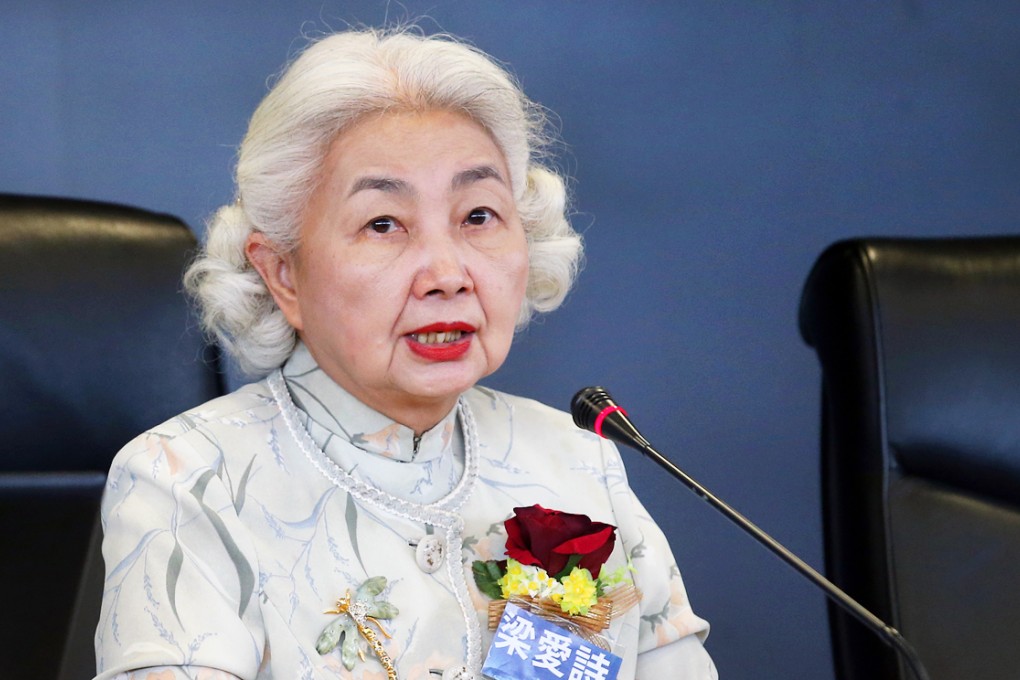No need to apply national security laws to Hong Kong, says top Basic Law Committee member
Elsie Leung dismisses suggestion that national counterespionage legislation could cover city

A top adviser to the central government on the Basic Law says there is no need for Beijing to impose the mainland's new national security law on Hong Kong.
Describing the idea as inappropriate as well as unnecessary, Elsie Leung Oi-sie dismissed the suggestion by a local delegate to the national legislature at the weekend that Beijing unilaterally impose its tough security legislation in the city in the absence of local laws on the matter.
National People's Congress deputy Stanley Ng Chau-pei raised the idea amid growing concern from local and national officials about calls for self-determination for Hong Kong.
Leung, vice-chairwoman of the Basic Law Committee under the NPC Standing Committee, said there was no point in having the debate, especially at a time when Beijing was drafting a new law to replace its own national security legislation.
"The national laws are more constitutional and concerned with principles, whereas Hong Kong's legal system needs more solid and clearer [provisions] to define its area and ways of application," Leung, a former Hong Kong justice minister, said. Besides, the discussion was "inappropriate … before knowing what the new law looks like".
Under Article 23 of the Basic Law, Hong Kong is supposed to enact laws on national security. But an attempt to do so in 2003 prompted massive protests, and no government has resurrected the idea.
Ng drew criticism for his suggestion that Beijing had the power to introduce national laws in Hong Kong if the city was in a state of war or experiencing chaos that was beyond the government's control and threatening national unity.